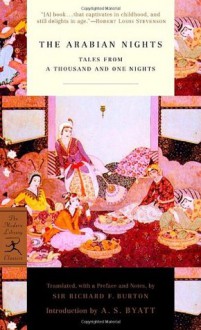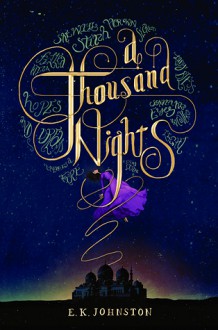
About the author:
edit data
Captain Sir Richard Francis Burton KCMG FRGS was a British geographer, explorer, translator, writer, soldier, orientalist, cartographer, ethnologist, spy, linguist, poet, fencer and diplomat. He was known for his travels and explorations within Asia, Africa and the Americas as well as his extraordinary knowledge of languages and cultures. According to one count, he spoke 29 European, Asian, and African languages.
Burton's best-known achievements include travelling in disguise to Mecca, an unexpurgated translation of One Thousand and One Nights (also commonly called The Arabian Nights in English after Andrew Lang's abridgement), bringing the Kama Sutra to publication in English, and journeying with John Hanning Speke as the first Europeans led by Africa's greatest explorer guide, Sidi Mubarak Bombay, utilizing route information by Indian and Omani merchants who traded in the region, to visit the Great Lakes of Africa in search of the source of the Nile. Burton extensively criticized colonial policies (to the detriment of his career) in his works and letters. He was a prolific and erudite author and wrote numerous books and scholarly articles about subjects including human behaviour, travel, falconry, fencing, sexual practices, and ethnography. A unique feature of his books is the copious footnotes and appendices containing remarkable observations and unexpurgated information.
He was a captain in the army of the East India Company serving in India (and later, briefly, in the Crimean War). Following this he was engaged by the Royal Geographical Society to explore the east coast of Africa and led an expedition guided by the locals and was the first European to see Lake Tanganyika. In later life he served as British consul in Fernando Po, Santos, Damascus and, finally, Trieste. He was a Fellow of the Royal Geographical Society and was awarded a knighthood (KCMG) in 1886.
book synopsis:
During ancient times, a king discovers that his wife is unfaithful. He executes her and her lover, and to ensure that he is never again betrayed, he takes a new wife each night and kills her in the morning. Eventually, he takes as his bride for the night a young woman who tells him a story that lasts all night long. When morning comes and she is to be killed, the story is not finished, and the king allows her to live through the following night so that he can hear how the story comes out. Of course, the story doesn't end the next night either, or the next night, or the next, until 1001 nights have passed, and the king decides to let her live and make her his queen.
These are the stories of Ali Baba and the forty thieves, Aladdin and his magic lamp, and Sinbad the sailor - stories of flying carpets, gigantic birds, and mischievous genies - stories that have captured the Western imagination for hundreds of years.
Compiled in the Middle Ages, The Book of the Thousand Nights and a Night is the chief glory of Arabic literature.
My rating: 4.5 stars
Goodreads challenges :
The Life of a Book Addict
62 views
Reading Group Challenge 2016 > Elizabeth's 2016 Reading Corner Challenge 12 plus 4 alternatives
A Round The Year in 52 Books:
A book about books
What did I think of the story:
I'm so glad that I finally finished it, it's been on my DNF TBR since 07 when I got it. There was some stories I liked and some I loved.

 Log in with Facebook
Log in with Facebook 









